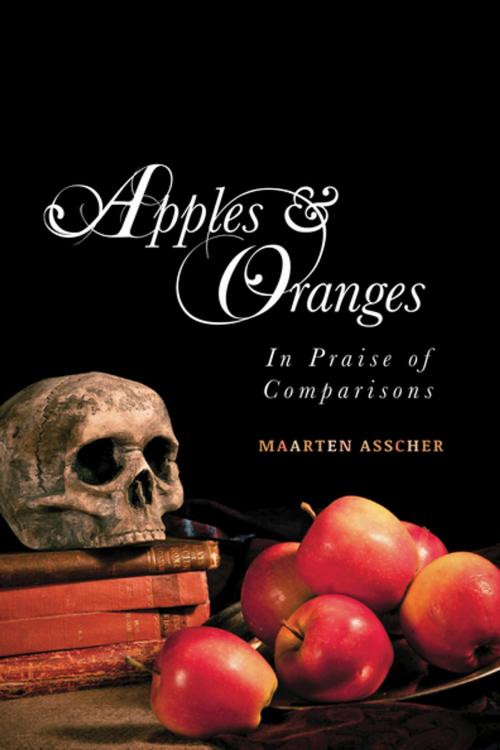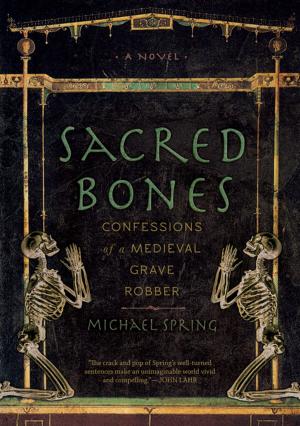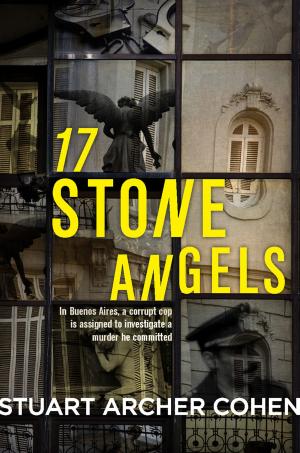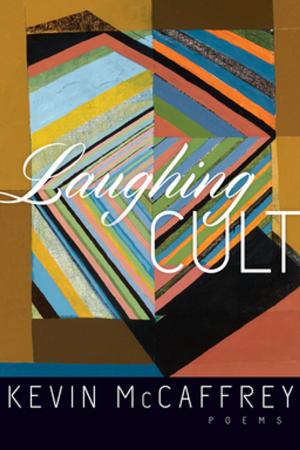| Author: | Maarten Asscher | ISBN: | 9781940423074 |
| Publisher: | Four Winds Press | Publication: | March 31, 2015 |
| Imprint: | Four Winds Press | Language: | English |
| Author: | Maarten Asscher |
| ISBN: | 9781940423074 |
| Publisher: | Four Winds Press |
| Publication: | March 31, 2015 |
| Imprint: | Four Winds Press |
| Language: | English |
What does it mean when people say You can’t compare apples and oranges”? Are comparisons across genres inherently invalid, or can they be insightful and illuminating? In this brilliant and provocative collection of essays, Dutch author Maarten Asscher maintains that comparisons can be the highest form of argument.
Asscher makes his case with examples drawn from classical to contemporary history, art, and literature: Hamlet in Ithaca and Telemachus in Elsinore, the Mediterranean and the North Sea, writing from a prison cell and writing from a room at home, the suicide” of Primo Levi and Japanese Kamikaze pilots, and so on. With graceful erudition and idiosyncratic wit, Asscher demonstrates how the comparative method can provide insight not only into two subjects simultaneously, but also into fundamental issues they may have in common.
Asscher makes his case with examples drawn from classical to contemporary history, art, and literature: Hamlet in Ithaca and Telemachus in Elsinore, the Mediterranean and the North Sea, writing from a prison cell and writing from a room at home, the suicide” of Primo Levi and Japanese Kamikaze pilots, and so on. With graceful erudition and idiosyncratic wit, Asscher demonstrates how the comparative method can provide insight not only into two subjects simultaneously, but also into fundamental issues they may have in common.
What does it mean when people say You can’t compare apples and oranges”? Are comparisons across genres inherently invalid, or can they be insightful and illuminating? In this brilliant and provocative collection of essays, Dutch author Maarten Asscher maintains that comparisons can be the highest form of argument.
Asscher makes his case with examples drawn from classical to contemporary history, art, and literature: Hamlet in Ithaca and Telemachus in Elsinore, the Mediterranean and the North Sea, writing from a prison cell and writing from a room at home, the suicide” of Primo Levi and Japanese Kamikaze pilots, and so on. With graceful erudition and idiosyncratic wit, Asscher demonstrates how the comparative method can provide insight not only into two subjects simultaneously, but also into fundamental issues they may have in common.
Asscher makes his case with examples drawn from classical to contemporary history, art, and literature: Hamlet in Ithaca and Telemachus in Elsinore, the Mediterranean and the North Sea, writing from a prison cell and writing from a room at home, the suicide” of Primo Levi and Japanese Kamikaze pilots, and so on. With graceful erudition and idiosyncratic wit, Asscher demonstrates how the comparative method can provide insight not only into two subjects simultaneously, but also into fundamental issues they may have in common.















